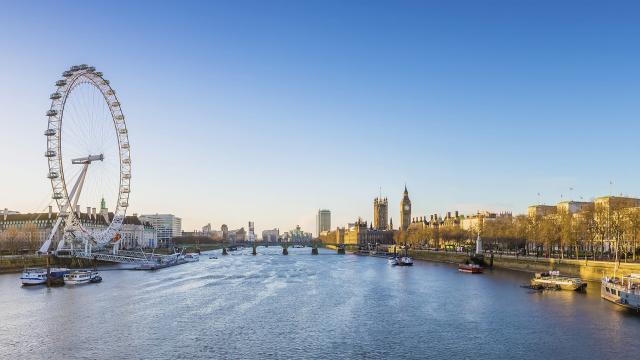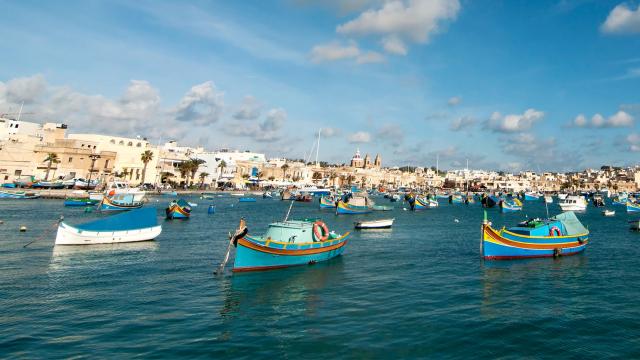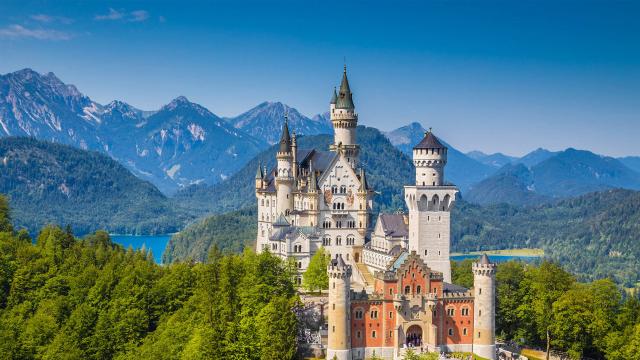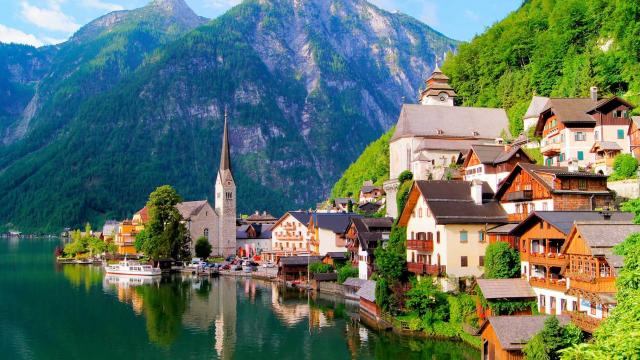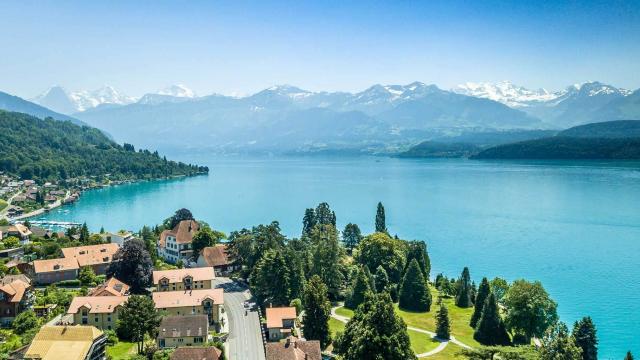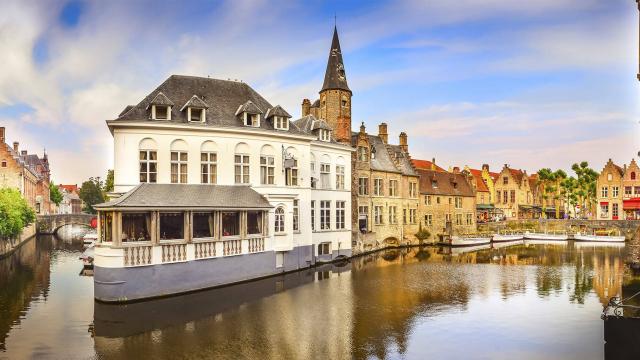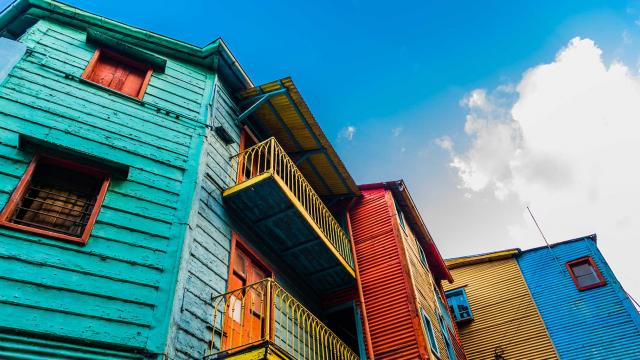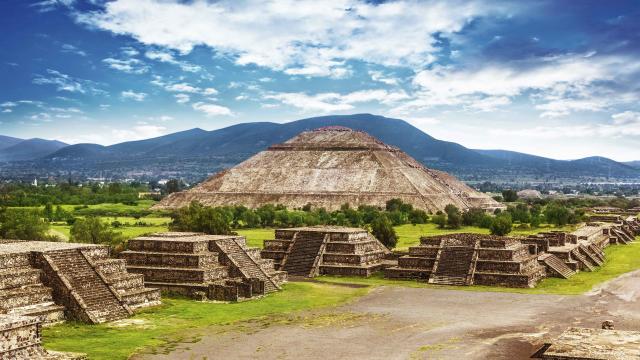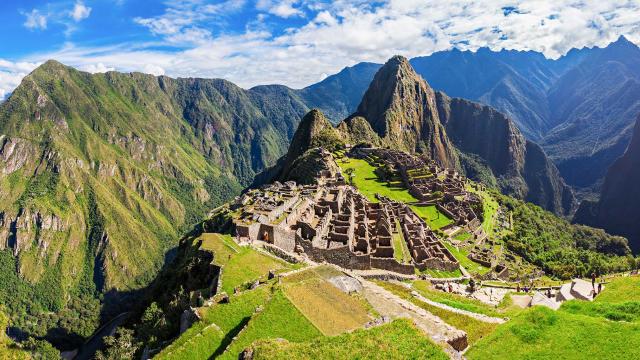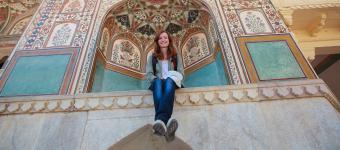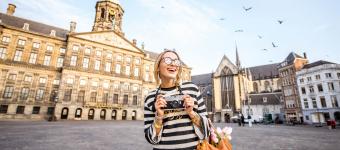Explore our most popular destinations
Our programs
Why choose your next journey with ESL
Our free and personalised services are consistently top-rated on Google, and 97% of our clients recommend us to their friends and relatives. In addition, ESL is a Lifetime Award winner after being voted Best Agency in Europe 5 times at the ST Star Awards.
Get the price difference refunded if you find a better deal for the same programme with another agency or directly with the school.
Our teams are experts in language travel and their experience in the industry is both professional and personal. Our free and personalised services go beyond the pre-departure stage – our counsellors will be at your disposal before, during and after your stay.
We select partner language schools according to strict criteria – high-quality facilities, small class sizes at a range of levels, great location, first-class teaching and an exciting activities programme, among other aspects. We regularly visit partner schools as it is very important for us to maintain a strong relationship with our partners and to keep up with local developments.
We systematically gather opinions and reviews from thousands of students who chose ESL to go abroad. All reviews are thoroughly checked to ensure authenticity and are added to our school pages so as to provide future students with first-hand details and facts.
Our portfolio also includes a large variety of accommodation types, so we can offer each one of our students the most suitable option. From homestays and student residences to private and shared apartments, all our accommodation types are carefully selected for a comfortable and convenient experience abroad.

